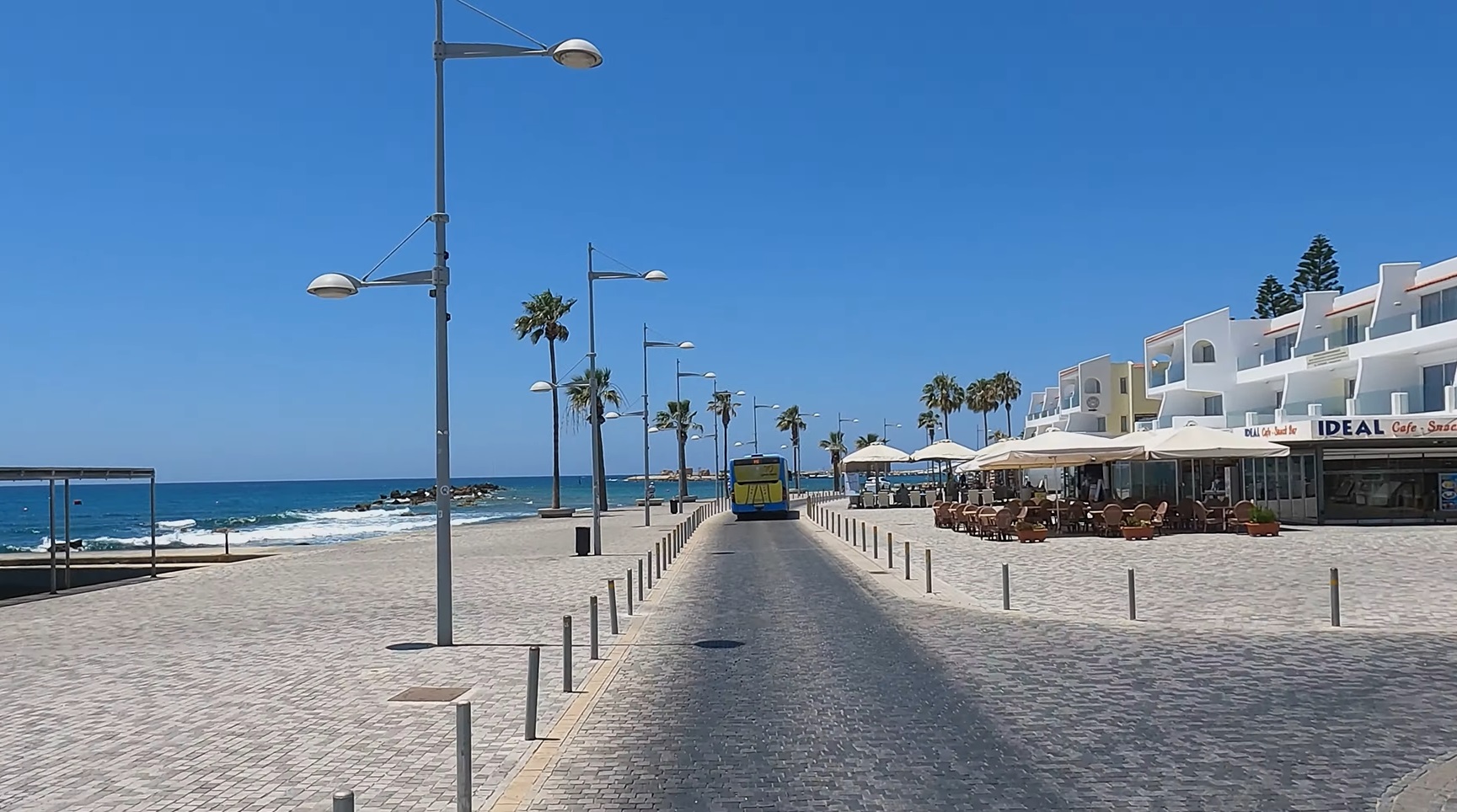In addition, the department noted that the approval is subject to specific conditions and input from various stakeholders.
According to the environmental study submitted by Fattal Latsi Ltd, the overall cost is estimated to cost €55 million, with an expected construction period of 18 months following the necessary permit approvals.
The development involves the expansion, conversion, and reclassification of the existing complex into a four-star hotel, capable of accommodating up to 720 guests.
The European Commission has issued a positive preliminary assessment for Cyprus’ request to receive €76.9 million under the NextGenerationEU programme, which aims to drive Europe’s recovery towards a greener, more digital, and competitive future.
According to the European Commission, Cyprus has successfully met the required milestones and targets to qualify for this third payment under the Recovery and Resilience Facility (RRF), the core funding instrument of NextGenerationEU.
This instalment of €76.9 million is part of Cyprus’ broader Recovery and Resilience Plan (RRP) and follows the implementation of nine key reforms and seven investment projects.
These initiatives aims to bring tangible benefits to Cypriot citizens and businesses in areas such as digitalisation, healthcare, environmental sustainability, energy, research, and connectivity.
According to the announcement, the commission is focused on adapting to emerging regulatory challenges while building on the progress achieved in 2024.
Moroever, the new framework seeks to enhance oversight, address digital risks, and ensure compliance with evolving regulations.
CySEC chairman George Theocharides reiterated the regulator’s commitment to safeguarding investors and maintaining market integrity. “Our aim is to ensure that investors are protected while strengthening the resilience of the financial sector,” he stated.
The data reveal fluctuations across financial institutions, with adjustments in both deposit and lending rates.
Among term deposits for households with a maturity of up to one year, the highest rate was offered by the National Bank of Greece (Cyprus) at 2.41 per cent, down from 2.49 per cent in November.
Eurobank followed at 2.17 per cent, showing a marginal increase from the previous month.
The report, released on Wednesday, showed that there has been an 18 per cent increase in real investment levels in Cyprus since before the pandemic, supported by Recovery and Resilience Facility (RRF) funds.
Cypriot companies reported higher satisfaction with their investment activities compared to other EU countries.
The survey also noted a higher proportion of women in senior management roles in Cyprus.
However, it identified significant challenges, including the need for skilled staff and sufficient financing, more pronounced in Cyprus than elsewhere in the EU.
Christoforou explained that PMOs, originally tasked with defining and maintaining the standards of project management for a company, are transforming into Extended Management Offices (xMOs), which prioritise strategic alignment and measurable outcomes.
“Traditional PMOs have focused primarily on metrics such as budget adherence and timelines,” he said.
“xMOs, on the other hand, place emphasis on continuous value delivery, strategic alignment, and the tangible benefits provided to stakeholders,” he added.
As a reaction, the association issued a statement emphasising that while banks are addressing this particular segment of the market, they must not neglect non-performing loans or borrowers striving to save their properties.
It also urged these borrowers to seek collaboration with their respective banks to achieve “sustainable and long-term restructuring”.
“The competition being created contributes to the improvement of services and enhances transparency, better serving the needs of borrowers,” the statement said.
“In particular, banks are offering reward programmes for up-to-date borrowers, recognising the importance of timely loan repayment and providing increasing incentives to encourage such behaviour,” Syprodat added.
This growth was primarily driven by an increase in employment within the education service.
According to the statistical service, employment in the public and educational services grew by 0.4 per cent and 3.3 per cent respectively. In contrast, employment in the security forces declined by 1.6 per cent.
As of January 2025, the public service employed 12,003 permanent employees, 4,173 fixed-term contract workers, 1,353 temporary contract workers, and 5,685 hourly-paid staff.
Addressing the House ethics committee, the representative said the “most important” aim of such measures must be to verify the source of politically exposed persons’ assets and the nature of their bank accounts.
Additionally, the representative said, a new European framework to combat money laundering is set to enter force in 2027, with the stipulations of that framework expected to be transposed into all European Union member states’ national legislation.
The framework, known as the AML/CFT framework, is set to tighten EU-wide rules relating to money laundering and the financing of terrorism, with due diligence measures among the items which are set to be amended.
The awards, now in their 15th year, continue to support collaboration between Greek Cypriot and Turkish Cypriot business owners.
Sir Stelios Haji-Ioannou, founder of the easy brand empire and the Stelios Philanthropic Foundation, has also increased this year’s prize fund to €410,000. The awards will recognise 20 entrepreneurs, with the top team receiving €100,000, two teams sharing €50,000 each, and seven more teams winning €30,000 each.
Since the initiative began in 2009, a total of €4.8 million has been awarded to businesses that promote peaceful cooperation on the island.






Click here to change your cookie preferences